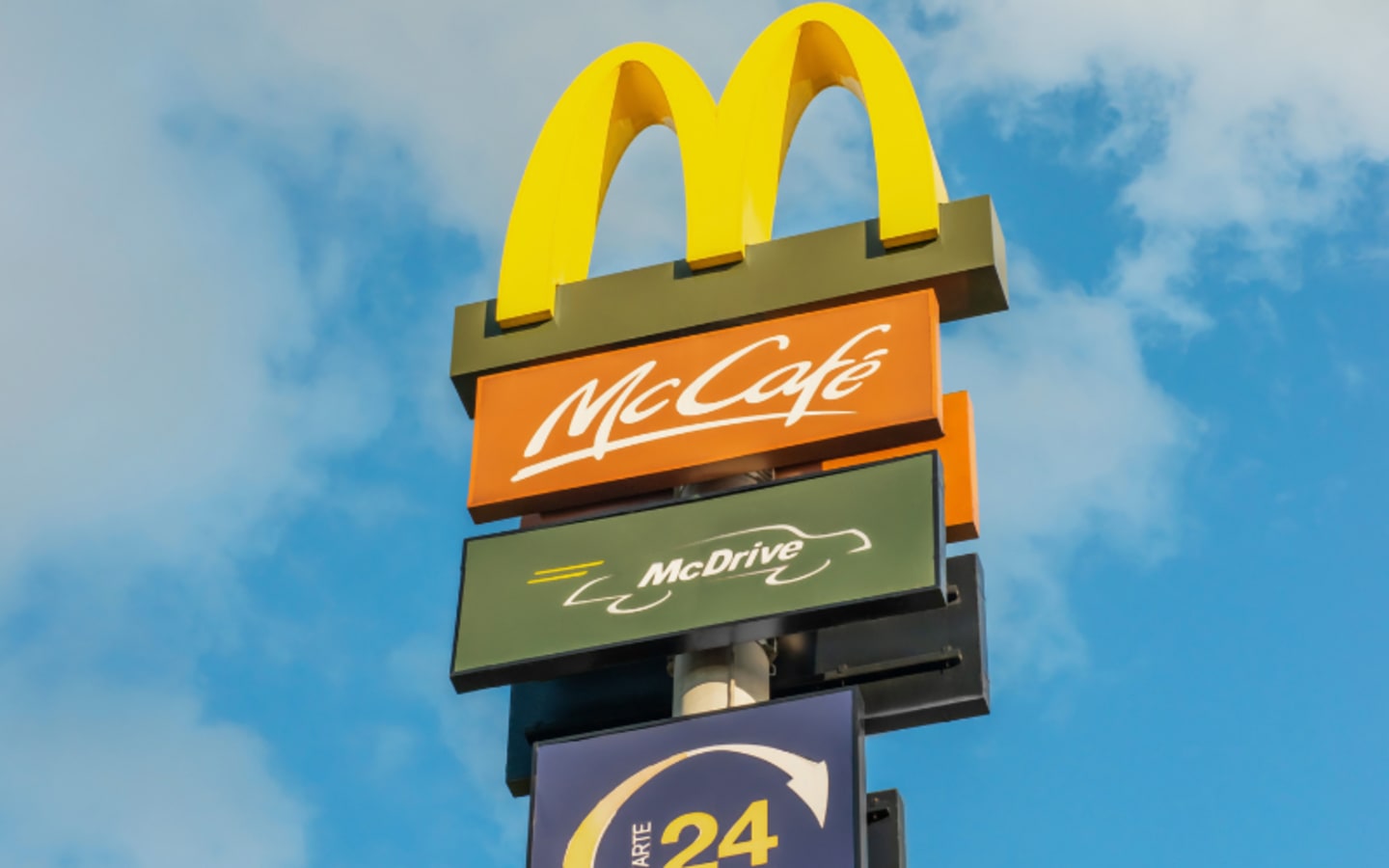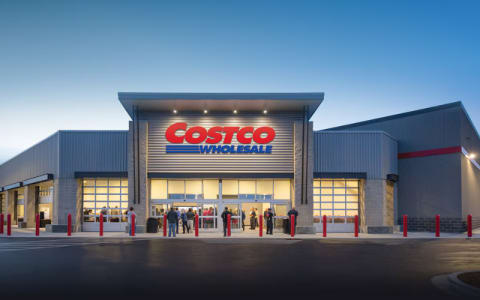McDonald’s is known for its burgers, fries, and Happy Meals, but for a growing number of people, it’s the coffee that keeps them coming back. That $1 cup of McCafé coffee has built a loyal following, with fans claiming it rivals—or even beats—the pricier brews at local cafes. From busy parents to self-proclaimed coffee snobs, people are buzzing about the surprising quality and unbeatable value of McDonald’s coffee. So, what’s the secret behind this fast-food chain’s coffee craze? It’s a mix of careful sourcing, unique brewing methods, and a commitment to consistency that’s hard to match.
For many, McDonald’s coffee isn’t just a quick caffeine fix—it’s a ritual. Take the story of a dad who’s been raving about McDonald’s coffee since his kids were in booster seats. He’s never ordered a burger or fries, but he swears by the Golden Arches for his daily brew. His loyalty isn’t unique. Online forums like Reddit are filled with threads where coffee lovers confess they’ve tried to recreate McDonald’s $1 coffee at home and failed. “I’ve sampled every kind of coffee out there, and nothing comes close to that McCafé taste,” one user wrote. Another added, “It’s got to be something about their beans or the way they brew it.”
To uncover the magic behind McDonald’s coffee, the chain’s chef, Mike Lingo, shared some insider details. The backbone of McCafé’s success is its exclusive blend of 100% Arabica beans, sourced from Rainforest Alliance Certified farms or those enrolled in McDonald’s McCafé Sustainability Improvement Platform (SIP). This medium-dark roast is crafted just for McDonald’s, delivering a full-bodied flavor with hints of fruit, flowers, and chocolate. “We focus on getting the little things right,” Lingo explained. “From choosing the best beans to perfecting our roast, it’s all about bringing out great flavor.”
What makes this blend even more special is that it’s one-of-a-kind. You won’t find McDonald’s exact coffee mix on store shelves or at other cafes. The chain partners with Gaviña Gourmet Coffee, a family-run supplier based in Southern California since 1967. Gaviña sources beans from prime coffee-growing regions like Central America, Brazil, Peru, Ethiopia, Kenya, Rwanda, Tanzania, Indonesia, and Papua New Guinea. Beyond supplying beans, Gaviña trains McDonald’s employees in the art of brewing, ensuring every cup meets high standards. While Gaviña sells coffee through its wholesale program, replicating McDonald’s signature blend at home is nearly impossible.
The brewing process is another key to McDonald’s coffee success. For hot coffee, the chain uses a traditional brewing method, but it’s the attention to detail that sets it apart. Every McDonald’s location grinds its coffee beans on-site, preserving freshness and flavor. Ground coffee starts losing its quality the moment it’s processed, so this step ensures each cup is as flavorful as possible. For iced coffee, McDonald’s takes things up a notch with a Japanese flash-brewing technique. Also called flash brewing, this method involves brewing a coffee concentrate with hot water and dripping it directly over ice to cool it quickly. The result? A bold, smooth iced coffee that highlights the beans’ natural flavors without bitterness.
This focus on quality doesn’t just appeal to casual drinkers—it’s earning respect from coffee enthusiasts too. Unlike specialty cafes where prices can soar to $5 or more for a single cup, McDonald’s keeps its coffee affordable without skimping on taste. A large McCafé coffee often costs just $1, making it a go-to choice for budget-conscious caffeine lovers. Yet, it’s not just about the price. The consistency of McDonald’s coffee is a major draw. Whether you’re at a drive-thru in California or a small-town location in the Midwest, you’re guaranteed the same rich, satisfying cup every time.
Sustainability is another reason fans feel good about their McCafé habit. McDonald’s commitment to ethical sourcing through Rainforest Alliance Certified farms and its SIP program resonates with customers who care about the environment and fair labor practices. “Our customers love that they’re getting a delicious, affordable coffee while supporting sustainable practices,” Lingo said. This blend of quality, value, and responsibility has turned McDonald’s into more than just a fast-food stop—it’s a coffee destination.
The love for McCafé coffee also comes with a sense of nostalgia for many. For some, it’s tied to memories of early morning road trips or quick stops before work. Others associate it with shared moments, like grabbing a coffee with a friend or treating a kid to a Happy Meal. These personal connections make McDonald’s coffee more than a beverage—it’s part of people’s lives. Lingo isn’t surprised by the passion McCafé inspires. “We hear stories all the time about how our coffee brings back memories or becomes part of someone’s daily routine,” he said. “It’s rewarding to know we’re making a difference.”
So, how does McDonald’s $1 coffee stack up against the artisanal brews at local cafes? For many, it’s not just holding its own—it’s winning. The combination of a proprietary blend, meticulous brewing, and unbeatable price makes McCafé a serious contender in the coffee world. While boutique cafes might offer unique ambiance or specialty drinks, McDonald’s delivers a reliable, flavorful cup that doesn’t break the bank. Next time you’re craving coffee, consider swinging by the Golden Arches. You might just discover why so many people are ditching fancy cafes for McDonald’s brew.





